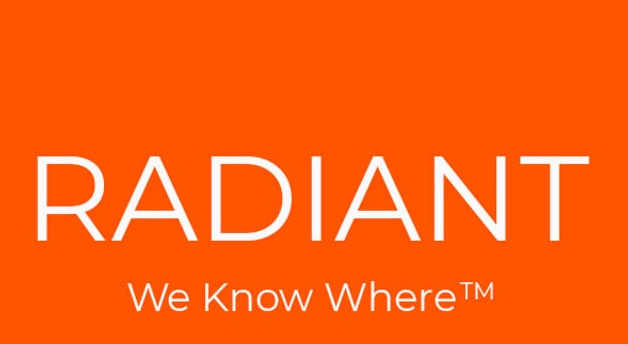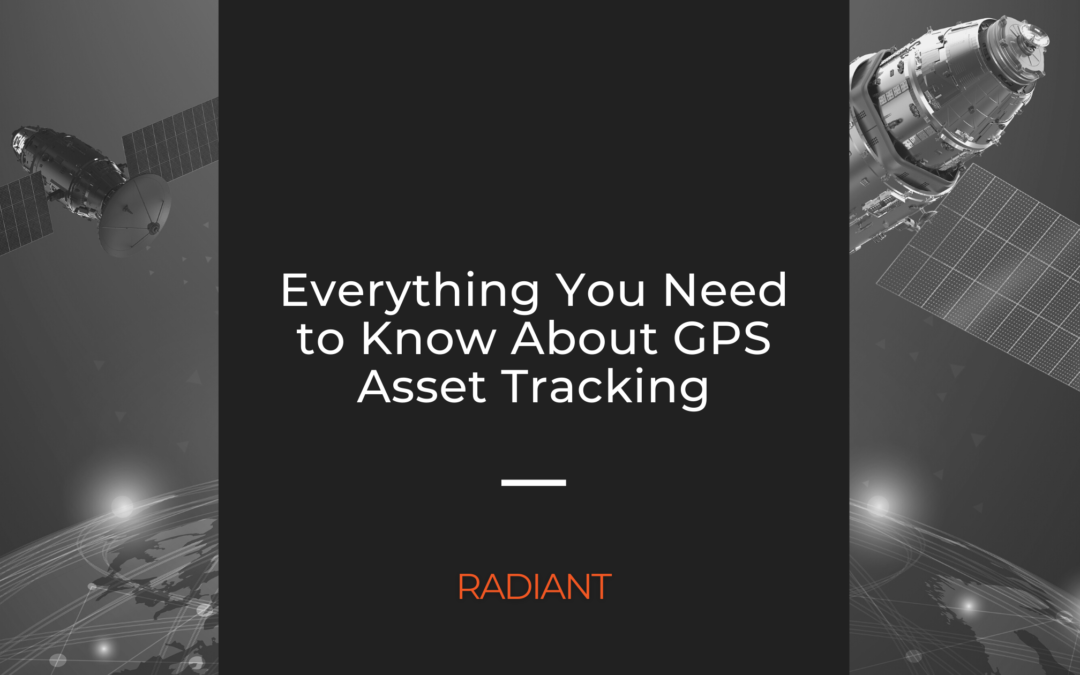If you’re a business leader looking for a better way to track your valuable assets, you may be wondering about GPS powered asset tracking. But what is it? How does GPS asset tracking work? And can it really help improve your bottom line? This article will answer all of those questions and more, so keep reading to learn more about this valuable business tool.
What is GPS Asset Tracking, and How Does it Work?
GPS asset tracking is a system that uses Global Positioning System (GPS) technology to track the location of assets in real-time. This type of system can track vehicles, trailers, containers, and other types of equipment. Asset tracking GPS systems consist of three main components: GPS receivers, asset tags, and tracking software.
- GPS receivers are devices that receive signals from GPS satellites and use those signals to calculate the location of the asset tag.
- Asset tags are small, typically battery-powered GPS devices that attach to assets and transmit their location information to the GPS receiver.
- Asset tracking software interprets the data collected by the GPS asset tracking system and presents it in a usable format either on a desktop or mobile app.
Together, these three components enable businesses to track their asset locations in real-time, providing valuable insights into the whereabouts of company property.
The Benefits of GPS Asset Tracking
GPS asset trackers make it simple to keep track of most of the assets and equipment you care about. GPS asset tracking can help businesses improve asset utilization by providing visibility (location data) into where valuable assets are located and how they are being used. This type of information can optimize routes and schedules and prevent unauthorized use of assets.
GPS asset tracking can also help businesses reduce asset losses by providing real-time alerts if an asset is moved without authorization. In addition, GPS asset tracking can improve response times to emergencies by providing visibility into the location of assets and personnel. It is not uncommon for people to use GPS tracking for items such as:
- Containers or RTIs
- Heavy equipment tracking
- Fleet tracking
- Marine vessels
- Light equipment
- Electronic equipment
Overall, GPS asset tracking provides many benefits that can help businesses improve operations and bottom line. By improving asset utilization, reducing asset losses, and improving response times to emergencies, companies can improve their bottom line and better serve their customers.
How to Choose the Right GPS Asset Tracking System
When utilizing a GPS asset tracking system, companies no longer need to guess or manually check for assets. GPS asset trackers give businesses insight into:
- Usage habits
- Asset location (whether on the move or idle)
- Movement of assets (you can even set up geofence alerts and notifications when assets are in route)
- Environmental monitoring (temperature data, etc.)
- Maintenance equipment event tracking
When it comes to asset tracking, there is no one-size-fits-all solution. The right GPS asset tracking system for your business will depend on various factors, including the size and scope of your operation, the type of assets you need to track, and your budget. However, there are a few key considerations that all businesses should keep in mind when choosing a GPS asset tracking system.
- First, consider the size of your operation. If you have a large fleet of vehicles or a distributed workforce, you’ll need a GPS tracking system to track assets in real-time and provide up-to-date information on their location.
- Second, think about the type of assets you need to track. If you’re only interested in fleet management, you can get by with a less sophisticated system. But if you need to track high-value assets such as construction equipment or medical supplies, you’ll need a system that offers more features and options such as theft recovery. The type of assets you’ll be tracking will also determine what type of GPS tracking devices your solution will require.
- Third, consider the environment in which you’ll be tracking assets. For example, on a job site outdoors, you’ll need weather proofed devices, but you’ll also need to consider a power source.
- Finally, consider your budget. There are asset tracking systems available at all price points, so it’s essential to find one that fits within your budget.
By taking the time to consider these factors, you can be sure to choose the GPS asset tracking system that’s right for your business.
The Future of GPS Asset Tracking
Asset tracking has come a long way in recent years. Large companies once only used GPS asset tracking systems with deep pockets and a need to track high-value assets. Today, however, GPS asset tracking systems are much more affordable and used by small businesses and individuals to track everything from vehicles to golf clubs.
Many other asset tracking technologies on the forefront show promise for the future. For example, companies now offer IoT asset tracking systems that use Bluetooth or RFID technology. These technologies have been proven to be even more accurate than GPS asset tracking systems and are much less expensive to maintain and operate due to extended battery life. As asset tracking technologies continue to evolve, we will likely see more and more businesses and individuals using them to track their assets.
If you’re interested in learning more about asset tracking and how it could benefit your business, contact us today. Our team would be happy to show you how our asset tracking solutions can help streamline your operations and improve your bottom line. Thanks for reading!
Last Updated on September 13, 2022 by Radiant


